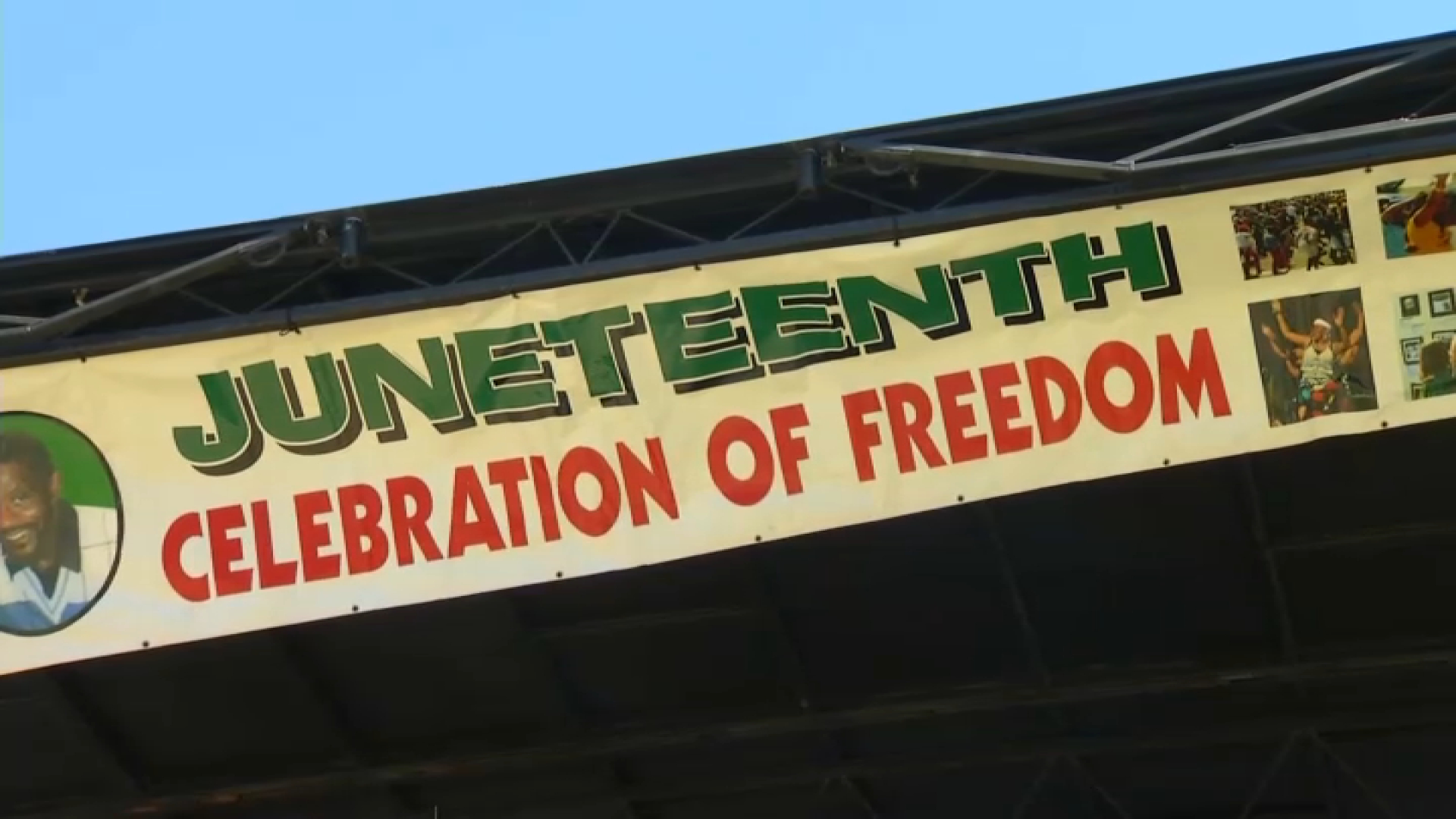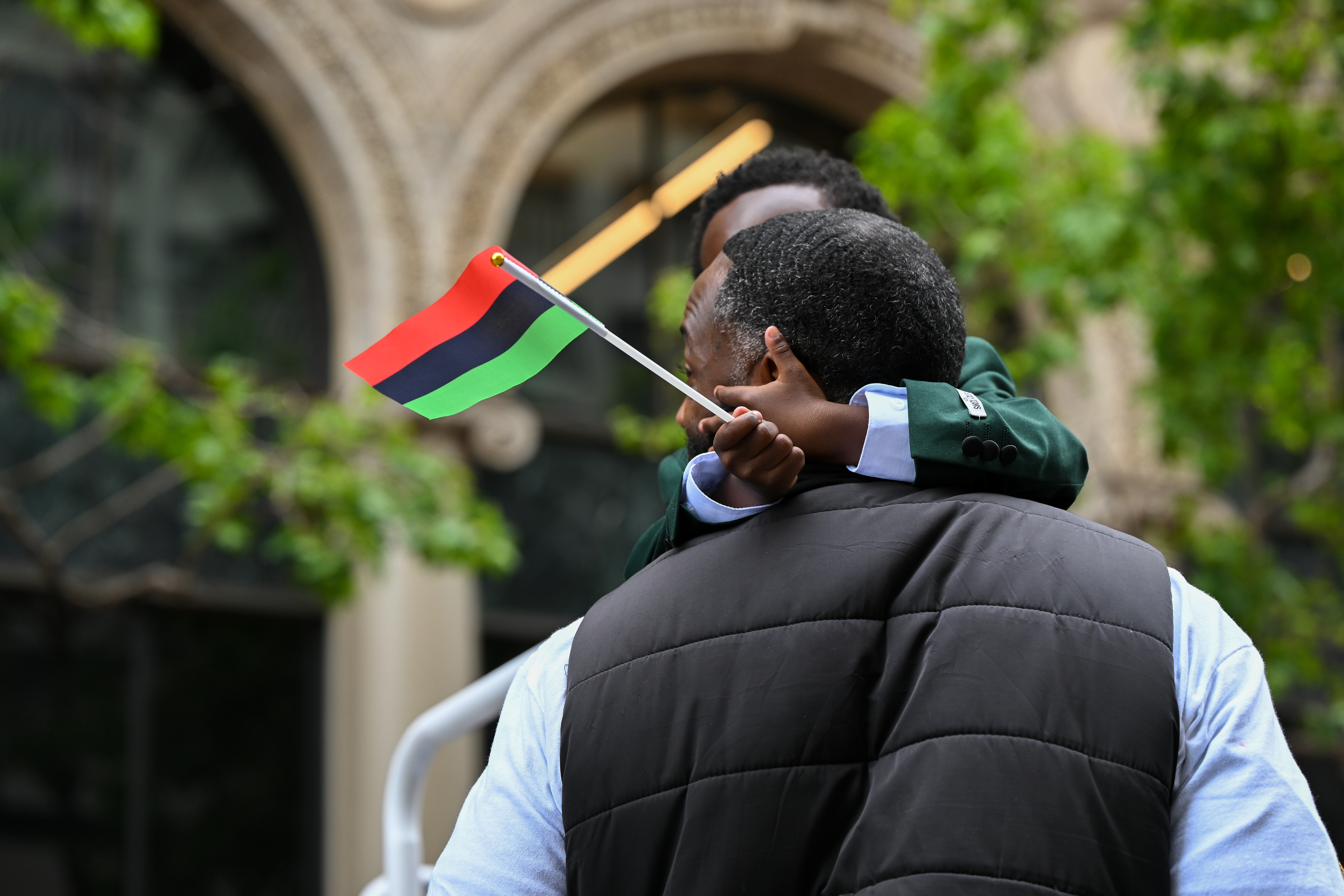Several events are happening around South Florida to celebrate Juneteenth. The Flash Points Gallery, a new art exhibit on the Black American diaspora, is set to have its grand opening Saturday.
Forty-one snapshots of Black history will be on display at the gallery beginning Juneteenth weekend and lasting until the end of August. The late photographer, Ernest C. Withers, found a calling to capture flashes of African American civil rights history, which his South Floridian daughter, Rosalind Withers, says is amassed to 1.8 million images.
They’ve only digitized less than 1 percent of his work so far, and counting.
"It's important for people to see history like this so that we can repeat the things that are good and learn from the things that are bad," Rosaline Withers said.
The Hurricane season is on. Our meteorologists are ready. Sign up for the NBC 6 Weather newsletter to get the latest forecast in your inbox.
Withers, a Black photographer, captured “Flash Points” of the civil rights movement, like the leadership of Dr. Martin Luther King Jr., the Montgomery Bus Boycotts and even the murder of Emmett Till.
"When we think about Black history and the attempted erasure of Black history, it makes exhibitions like this vital," said Joel Diaz, the director of Ten North Art Foundation.
It was Dr. King himself who sought out Withers to document the bus boycotts and other civil rights demonstrations. Withers even photographed Till’s murderers.
The team was excited to showcase the work of Black diaspora artists for Opa-locka’s weekend of Juneteenth celebrations. Juneteenth celebrates when the last Black Americans were freed from slavery in Galveston, Texas. A history that led to decades of segregation and the fight for civil rights, a history that Rosalind Withers wants people to remember was not too long ago.
"That's why we’re here. Our history exists," she said. "We’ve been told for so many years that we don’t have a history but it’s well documented."
The gallery is free to the public. Something art curators wanted was accessibility for communities in a state where the College Board's pilot AP course on African American Studies was originally rejected.
"I think it’s important for both Black and non-Black communities to celebrate Juneteenth because it’s part of the nation's history," Diaz said. "At a time in which so much of Black history is being censored or removed from classrooms, this feels like an opportunity to engage with that."
The exhibit opens Saturday and will remain open until Aug. 31. More events can be found here.



